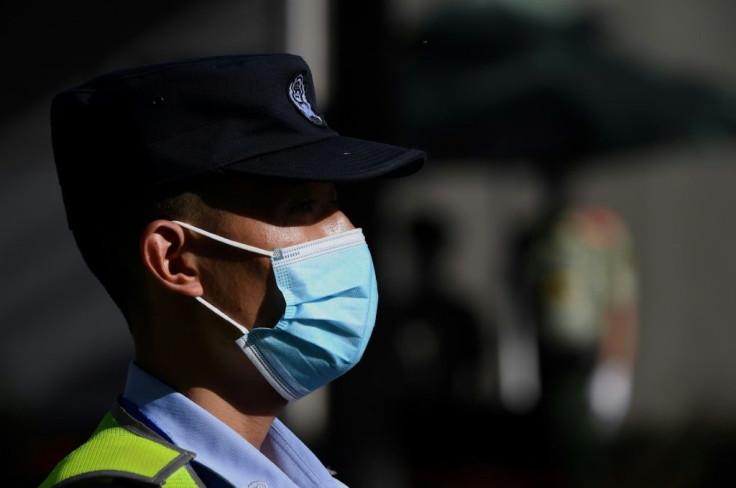Friends Call For China To Release Australian Journalist
Friends and former colleagues of jailed Australian journalist Cheng Lei called for her "immediate release" Friday, a year after she was secretly detained by Chinese authorities.
Cheng -- once a familiar face on state-run CGTN's English-language channel -- disappeared from the airwaves in August 2020 without a trace.
For seven months, her family did not know her whereabouts, until Chinese authorities revealed the mother-of-two had been arrested for allegedly "supplying state secrets overseas".
In an open letter, friends and former colleagues on Friday voiced "grave concerns for her health, safety and care during her ongoing detention".
"We are confident she has done nothing wrong," said the group, which includes several prominent Australian journalists and former CGTN staff.
"We are concerned about the wellbeing of her beloved children, aged nine and 11. They have been separated from her for well over a year now and she's had no contact with them since her arrest."

"We are calling for her immediate release and her return home to Australia to be reunited with her children," the letter read.
China is one of the world's biggest jailers of journalists. Freedom of speech is severely curtailed by the ruling Communist Party.
According to Reporters Without Borders, a non-governmental group, more than 100 journalists and bloggers are currently held in Chinese jails and more than a dozen foreign reporters have recently been expelled.
The timing and lack of information about charges had raised speculation that Cheng's detention was politically motivated, or tit-for-tat retaliation.
Cheng's detention came as relations between Australia and China cratered and several journalists for Chinese state-run media left Australia following a police investigation into foreign influence operations.
Beijing opposes Australia's use of foreign interference laws to block Chinese investments in sensitive sectors and Canberra's calls for an independent investigation into the origins of the Covid-19 pandemic.
Born in Hunan province, Cheng emigrated to Australia as a child before returning to China and joining the state broadcaster in 2012.
© Copyright AFP 2024. All rights reserved.











